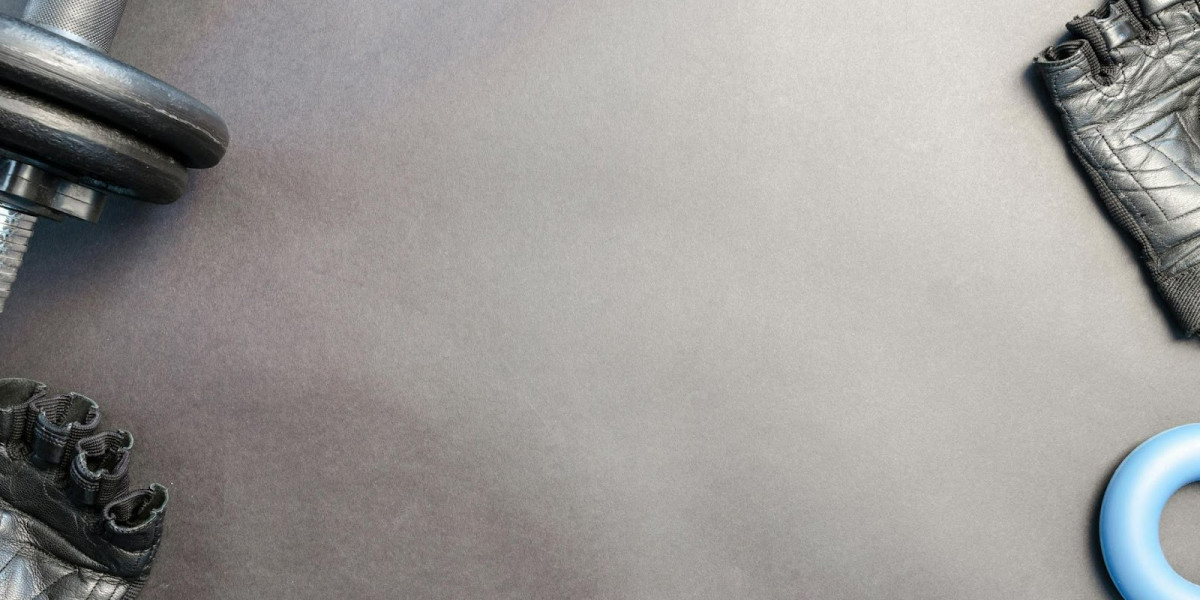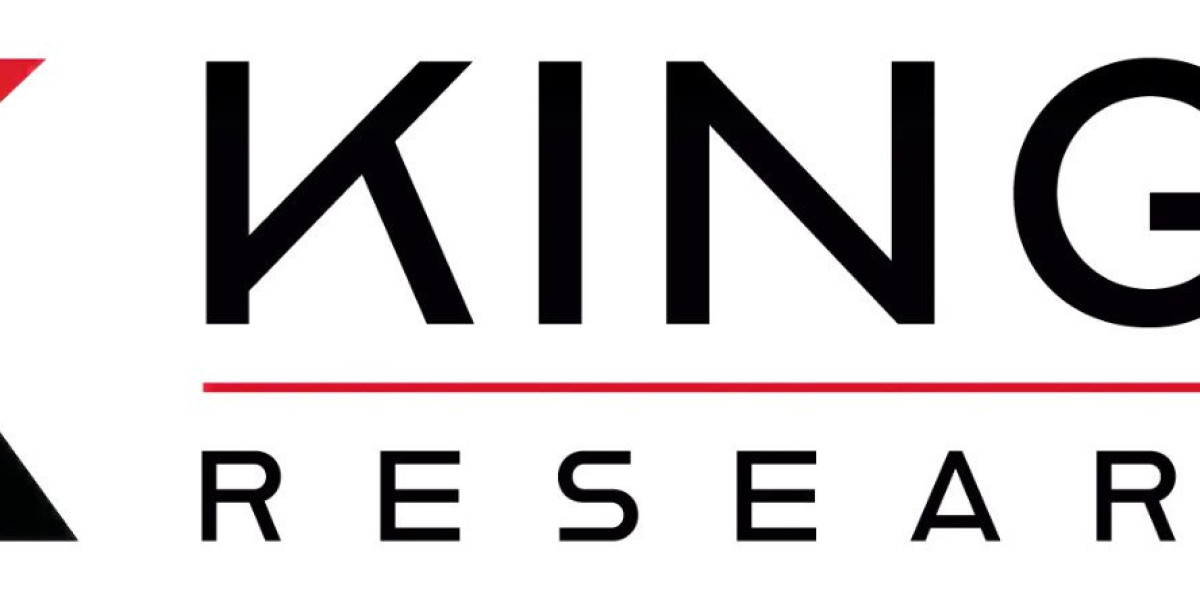Starting a gym is an exciting venture, but it requires meticulous planning, especially when it comes to selecting the right commercial fitness equipment. From treadmills to weight machines, each piece plays a vital role in creating a well-rounded fitness facility that caters to a diverse clientele. Here's a comprehensive guide to the essential commercial fitness equipment needed to kickstart your gym business.
Cardio Machines:
- Cardiovascular exercise is a cornerstone of any fitness regimen. Investing in a variety of cardio machines ensures that your gym can accommodate different preferences and fitness levels. Consider including treadmills, elliptical trainers, stationary bikes, and rowing machines. These machines provide effective workouts while targeting various muscle groups and offering low-impact options for individuals with joint issues.
Strength Training Equipment:
- Strength training is crucial for building muscle mass, increasing metabolism, and enhancing overall strength and endurance. Equip your gym with a range of strength training machines, including:
- Multi-station gyms: These versatile machines allow users to perform a variety of exercises, such as chest presses, leg curls, and lat pulldowns, all in one unit.
- Free weights: Barbells, dumbbells, and weight plates are essential for functional strength training exercises like squats, deadlifts, and bench presses. Providing a designated area with adequate racks and benches for free weight exercises is essential.
- Cable machines: Cable machines offer adjustable resistance and a wide range of motion, making them ideal for isolation exercises and functional training routines.
Functional Training Equipment:
- Functional training focuses on movements that mimic real-life activities, improving balance, stability, and coordination. Incorporate functional training equipment such as:
- Suspension trainers: These portable systems utilize body weight resistance to engage multiple muscle groups simultaneously, making them suitable for a wide range of exercises.
- Medicine balls: Versatile and easy to use, medicine balls are excellent for core workouts, functional movements, and partner drills.
- Plyometric boxes: Used for explosive movements like box jumps, plyometric boxes help develop power and agility.
Group Exercise Equipment:
- Group exercise classes are a popular offering in many gyms, attracting members with the camaraderie and motivation of working out in a group setting. Stock up on equipment tailored for group fitness sessions, such as:
- Exercise mats: Provide comfortable and hygienic mats for yoga, Pilates, and stretching classes.
- Group cycling bikes: High-quality stationary bikes equipped with adjustable resistance and ergonomic design are essential for indoor cycling classes.
- Step platforms: Versatile and durable, step platforms are used in step aerobics, HIIT, and circuit training classes.
Recovery and Wellness Equipment:
- In addition to workout equipment, consider investing in amenities that promote recovery and wellness, enhancing the overall gym experience for your members. This may include:
- Foam rollers and massage balls: Help relieve muscle tension and improve flexibility with self-myofascial release tools.
- Saunas and steam rooms: Provide a relaxing environment for members to unwind and soothe sore muscles after a workout.
- Hydrotherapy equipment: Hydrotherapy pools or whirlpools offer therapeutic benefits, such as improved circulation and reduced inflammation.
Safety and Maintenance:
- Prioritize the safety and maintenance of your commercial fitness equipment to ensure longevity and prevent accidents. Implement regular inspection schedules, provide proper training for staff members, and keep emergency procedures in place.
In conclusion, selecting the right commercial fitness equipment is essential for starting a successful gym business. By offering a diverse range of cardio machines, strength training equipment, functional training tools, group exercise gear, and recovery amenities, you can create a well-equipped facility that meets the needs of your members and sets your gym apart from the competition.















